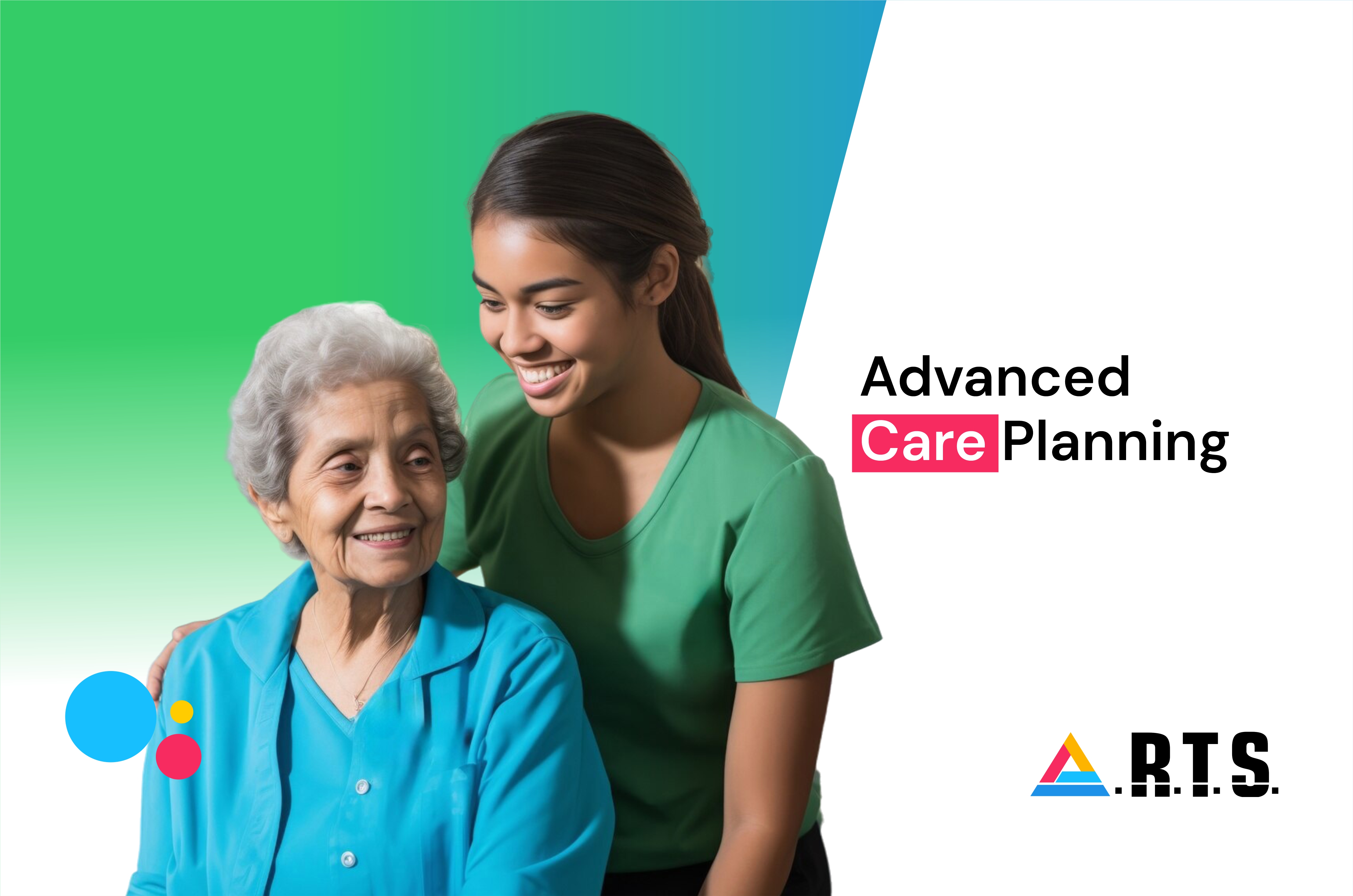Advanced Care Planning
Course
Overview
Advanced Care Planning (ACP) ensures that care and treatment
reflect a person’s values, preferences, and what matters most to them. This
accredited course equips learners with the knowledge and skills to support
individuals through each stage of ACP—from initiating sensitive conversations
to navigating legal and ethical considerations and accurately recording
decisions.
By the end of the course, you will feel confident in
facilitating care planning that is compassionate, person-centred, and aligned
with professional standards.
Who Should Take This Course?
This course is ideal for:
- Healthcare professionals
- Care workers and support staff
- Social care workers
- Anyone involved in supporting individuals with future care
decisions
What You Will Learn
- Put People First – Plan care around each person’s unique
needs, values, and choices.
- Create and Review Care Plans – Identify appropriate support,
implement care plans effectively, and monitor outcomes.
- Understand Legal & Ethical Aspects – Clarify
responsibilities, consent, and documentation requirements.
- Communicate with Confidence – Handle sensitive discussions
with individuals and families compassionately.
- Overcome Common Challenges – Apply practical strategies for
delivering ACP in real-world care settings.
Why Choose This Course?
- Practical, scenario-based training
- Relevant for both healthcare and social care environments
- Builds confidence in sensitive communication and planning
- Enhances quality of care and supports informed
decision-making
- Supports career development in health and social care
Take the Next Step!
Enrol today and gain the skills to deliver truly
person-centred care planning.
Course requirements
- Minimum Age: 16 years and above
- Language: Basic proficiency in reading and writing English
- Interest in Care: A willingness to support others in a care setting
- Experience Level: No prior healthcare or social care experience required
In This Course, you will learn how to
- Create person-centered care plans that reflect individual preferences and needs
- Document and communicate care decisions clearly and effectively
- Support individuals in areas such as nutrition, hydration, personal hygiene, continence, and sleep
- Understand the ethical and legal responsibilities related to ACP
- Provide high-quality care that respects dignity, autonomy, and informed choice
Frequently Asked Questions
Reviews
19-May-2025
This is a very nice course

Charge today
Free
- Assess to course materials
- Assess to assessments
- Course certificate
- Assess to student management Portal

Transactions are 100% Safe and Secure